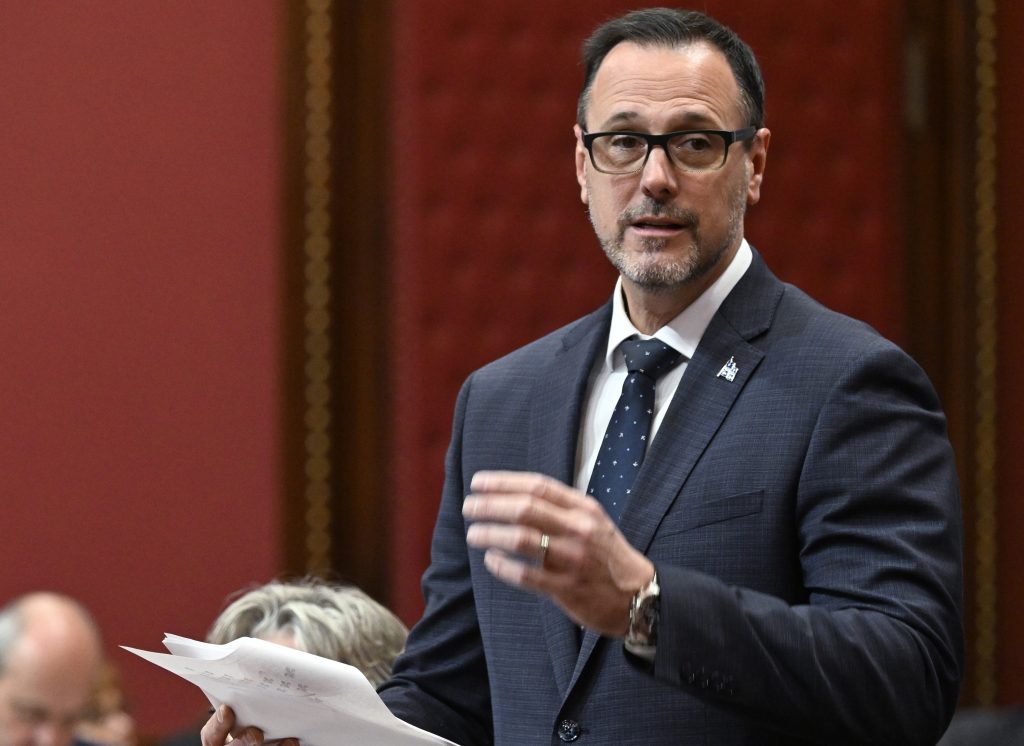Santé Québec to cut $1.5 billion as it becomes central agency of Quebec’s health-care system
Posted November 30, 2024 4:44 pm.
Last Updated November 30, 2024 6:29 pm.
This Sunday, Santé Québec becomes the central agency responsible for managing the operations of Quebec’s entire health-care system.
Regional health authorities and other independent institutions will now be overseen by this single government agency.
“Will there be a lot of changes in the Quebec health care system? Very possibly, very possibly not. I don’t think we really know, as they say, the proof is going to be in the pudding. We’ll have to see what actually happens, because most people judge the health care system not on its bureaucratic workings, but on being able to access care in hospitals,” said Dr. Christopher Labos, a Montreal cardiologist & epidemiologist.
There is hope that Santé Québec will reduce emergency room delays and surgery wait times, but with this transition comes a directive to cut $1.5 billion in spending in the coming months and this has raised some concerns that certain health services could be cut.
“This is our last hope. We need Santé Québec to be more efficient, make the system more efficient,” said Paul Brunet, the chair for the Council for the Protection of Patients.
“When I asked the Santé Québec, are you going to go after the PDG to tell them, hey, hey, whoa, what are you doing? You cannot cut on patients’ care. No answer. So that frightens me,” said Brunet.

Brunet says that he remains hopeful that Santé Québec won’t reduce services but admits that he is not reassured that there will be no cuts to current healthcare staff.
“They have to cut on administrative. I know they can do it, but please don’t do as what we’re seeing that it’s being done, which is cutting on services. If they do that, they’re going to get the job done in terms of financial goals, but certainly not in terms of taking care of patients,” said Brunet.
On Friday, Quebec’s Minister of Health Christian Dubé acknowledged that cutting $1.5 billion could impact services, but that efforts will be made to minimize it.
“We manage over $60 billion per year. That’s what we manage. To be able to do the correct thing, say around a billion with good measure on 60, that’s not mission impossible,” said Dubé.
Labos says that improving healthcare services such as ER wait times requires more doctors and personnel. He adds that it would be difficult to fund more services if $1.5 billion is being cut.
“I would be very surprised if you could find $1.5 billion in savings from bureaucratic efficiency. If the goal is to start letting people go and reducing services, then that’s going to have a very negative impact on people,” said Labos.








